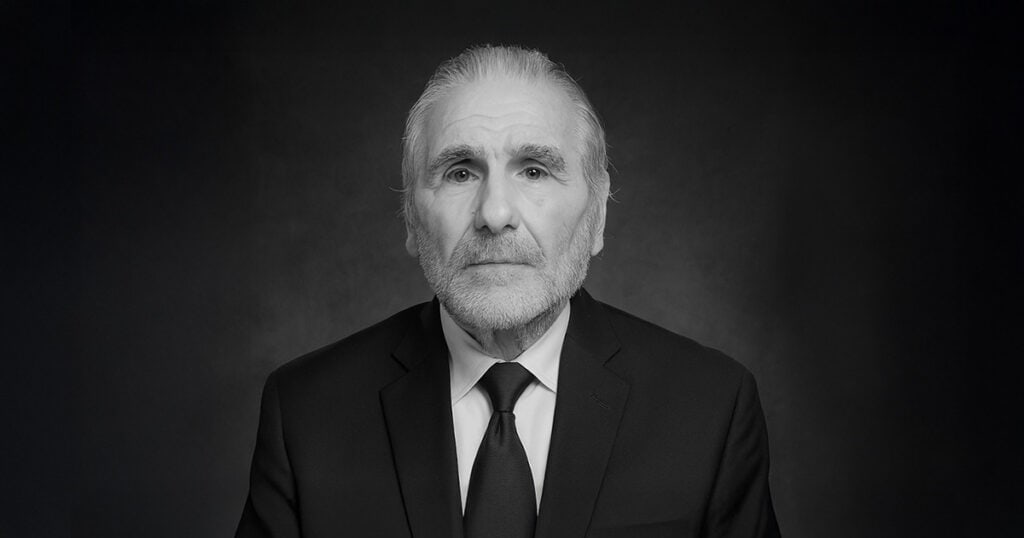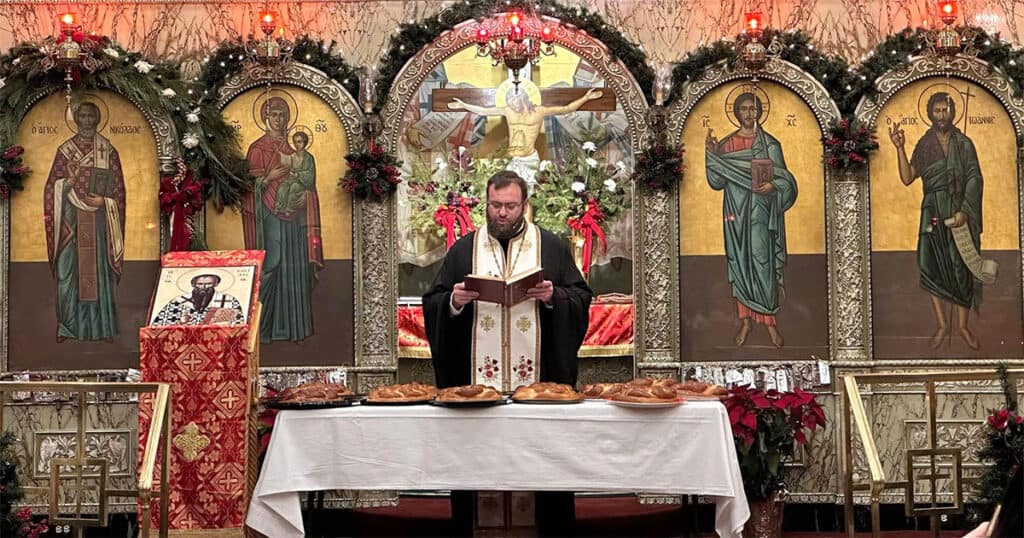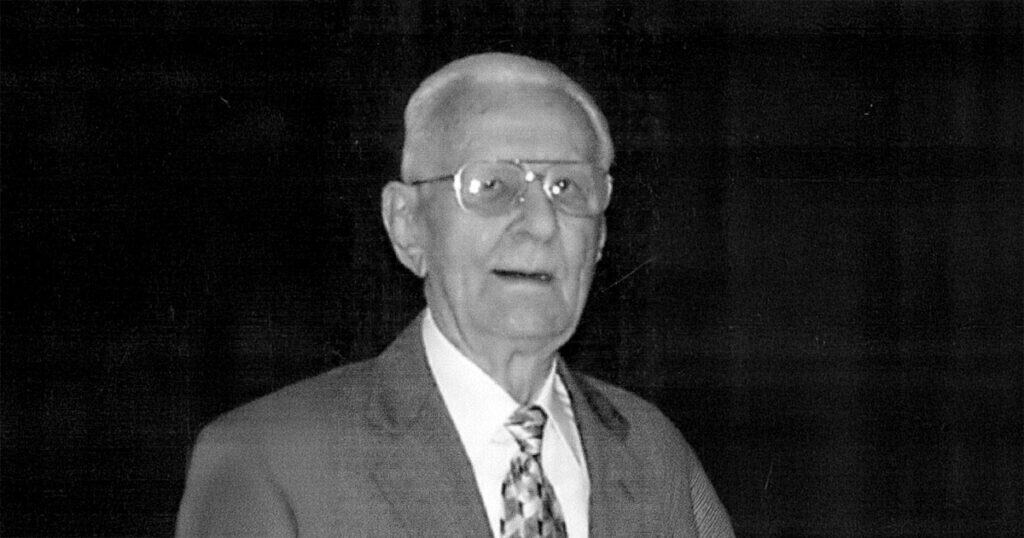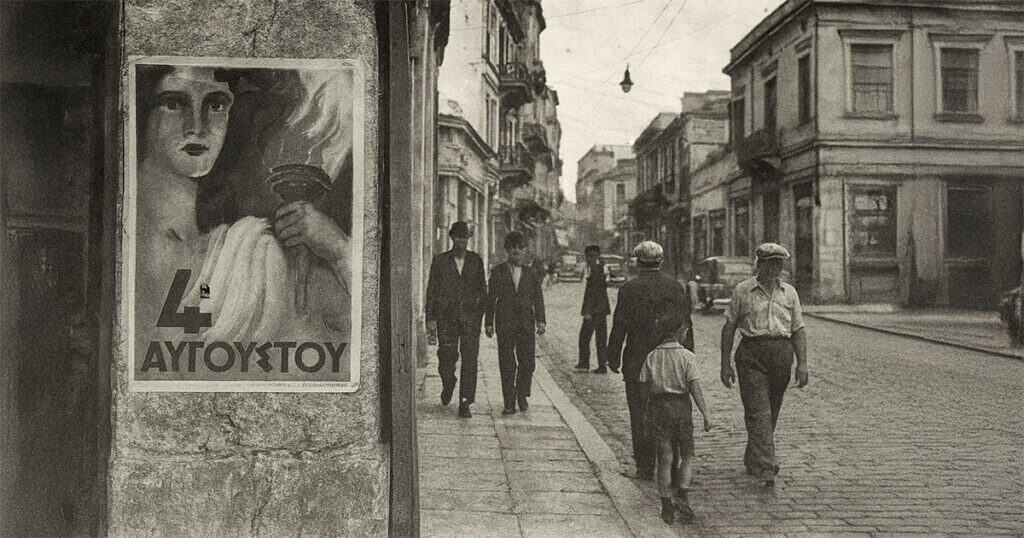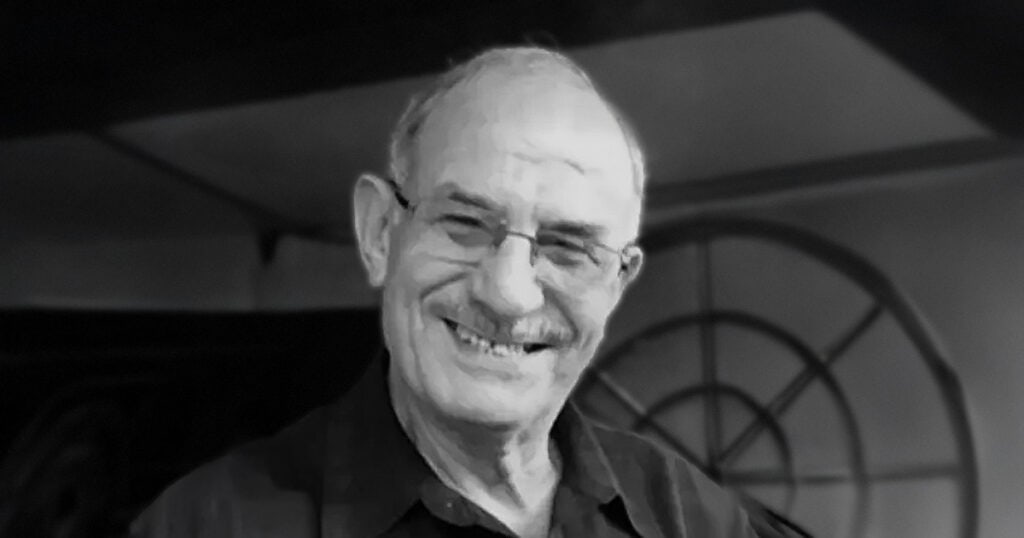I met him through my son. We had just moved to Clemson, South Carolina and I searched for a local Greek community for spiritual and cultural anchorage. After the church service, I saw my son in an animated conversation with a smartly dressed older man with a full head of white hair. Overhearing his conversation about tennis, Chicago, the Clemson Tigers, and school, I approached and met my son’s new friend.
Nick Theodore, who served as South Carolina’s Lieutenant Governor from 1986 to 1995, sounds like a politician and statesman should sound, with a sonorous voice full of both gravitas and levity. Though at 90 years of age, he is the grand old man of the Greek community of Greenville, he is still the “kid brother” for his three older sisters, aged 101, 100, and 98. He quickly made us feel at home, introducing us around, inviting us to become more involved in what must rank as one of the more welcoming Greek communities we have encountered (and I have been to many, on three continents).
The son of Spartan parents, Nick was born in Greenville in 1928, the youngest of five children. He credits the love of his siblings, particularly his late brother, with making his integration into American life easier than it was for them. When asked about what inspired him to go into politics, he credits the benefits of the American public school system with giving him the tools to realize the American Dream, and much of his efforts in government would go into respecting that legacy by doing his best to improve public education in the state.
Nick’s Greek heritage, too, certainly played a role in going into politics. A very specific one, in fact. AHEPA was founded in nearby Atlanta, both to help the Greek immigrants assimilate into American life while cherishing their Greek heritage, and, crucially, to counter the very real prejudice that Greek Americans faced in America, and more particularly in the Anglo-Celtic, Protestant South. Nick’s flair for politics was forged in the Sons of Pericles, the young men’s arm of AHEPA. He was elected District Governor and eventually Supreme President. “I guess that was my start in politics,” he said, grinning.
Then, of course, there were the Maids of Athena, and the AHEPA dances, he recalls with a twinkle in his eye, and through these dances, he met his wife of 63 years, Emily, from Savannah, Georgia. Nick started in the insurance business, but the call of politics and service proved too much for him and he ran successfully for the South Carolina state legislature in 1962, which was at the time an all-(Southern) Democrat, all-white, all-male body.
For over thirty years, until an unsuccessful bid for Governor in 1994, Nick Theodore served in various elected offices, dedicating his efforts towards making life better for his constituents through education and business promotion. Though he remained a Democrat even as the state turned Republican, he successfully “reached across the aisle” to work with his Republican colleagues. As Lieutenant Governor, he worked with a Republican governor to bring business to the state, including BMW’s North American Headquarters. When I mentioned what a coup this was, he smiled quietly, “We were doing our job for the people of South Carolina.” In this coarse Twitter age, such quiet modesty is a nostalgic anachronism.
Our conversations often, inevitably, turn to the present day, “I hate the divisiveness, we always tried to have a relationship [with the opposing party],” he says, shaking his head. Of the current climate, “it bothers me a great deal.”
At other times he talks about his Greek roots, about not forgetting where we came from. Like many Greek Americans of his generation, I sense his pride in country and heritage, and a real appreciation for the struggles—and prejudice—our community endured in the past. For Nicks generation, a strong work ethic, family, heritage, and as he tirelessly points out—strong public education—made all the difference.
Nick’s continues to advocate for educational, business, community, and church issues, he is an Archon of the Ecumenical Patriarchate, and he continues to set an example to his fellow parishioners and fellow citizens. He remembers the institutions, the heritage, and the country that made him—and us—what we are today. These are timeless lessons.
On Election Day, we were over at Nick’s house, picking up some pictures for this article, and in talking to my son, he said, “Times are changing, and we want them to change, but we want it done in a civil manner.” Wise words for all of us, and for our politicians.

